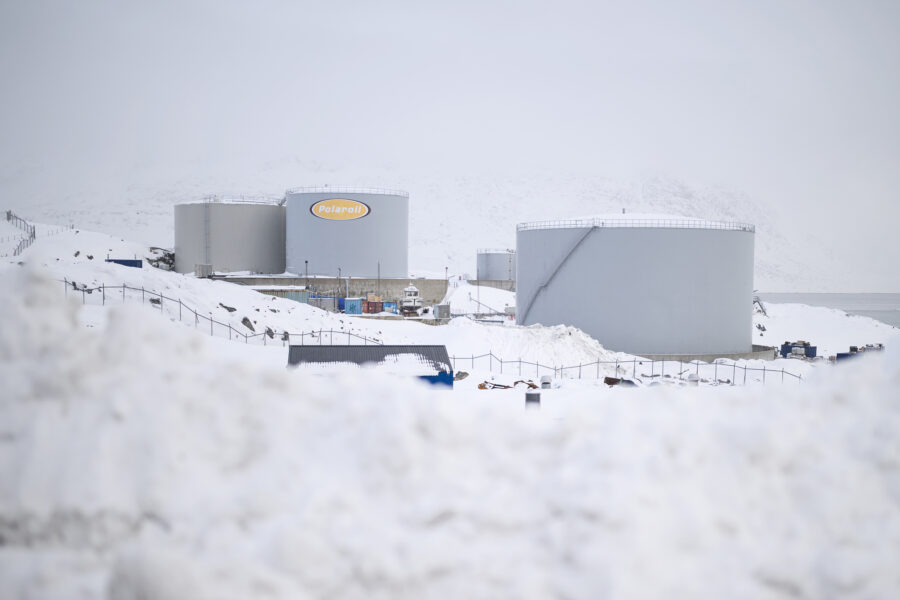The Supreme Judicial Court of Massachusetts ruled on Tuesday that the state must impose comprehensive cuts in greenhouse gas emissions to comply with the Global Warming Solutions Act, a law passed by the legislature in 2008.
The ruling should usher in significantly broader and stricter statewide controls on all manner of global warming pollution, including most major sources of carbon dioxide.
It is the most impressive victory to date in a campaign orchestrated in part by the advocacy group Our Children’s Trust, which has mounted court challenges on climate change on behalf of youth clients in the federal district court in Oregon, and in the state courts of Pennsylvania, Colorado, Washington and Oregon, as well as in several other countries.
Unless the Massachusetts State Legislature reverses course, which seems unlikely, the decision by the state’s highest court settles the matter.
Just how quickly the year-by-year reductions will be achieved in Massachusetts, and how many new sources of emissions will have to be brought under the tight new limits, remains to be seen. The court did not spell out how regulators must act—only that they must not sidestep the law.
The Global Warming Solutions Act requires that statewide emissions be cut by 80 percent from 1990 levels by 2050.
That target, the high court noted, was based on the state legislature’s recognition of the scientific consensus on climate change and its impatience with national and international actions to address the crisis in a meaningful way.
The ruling overturns a lower court decision that the state’s environmental agency had substantially complied with the law’s aims by enforcing three significant, but not comprehensive, sets of emissions rules.
The most notable rules involve participation in the Regional Greenhouse Gas Initiative, or RGGI, a pact aimed at cutting electric power plant emissions in several northeastern states. The other rules limited the gas sulfur hexafluoride and set standards for low-emission vehicles.
But these did not go far enough, the high court ruled.
It said the law “requires the department to promulgate regulations that address multiple sources or categories of sources of emissions, impose a limit on emissions that may be released, limit the aggregate emissions released from each group of regulated sources or categories of sources, set emissions limits for each year, and set limits that decline on an annual basis.”
The case, Kain et al. v. Massachusetts Department of Environmental Protection, was brought by four youth plaintiffs and two New England environmental nonprofit groups, the Conservation Law Foundation and the Mass Energy Consumers Alliance.
About This Story
Perhaps you noticed: This story, like all the news we publish, is free to read. That’s because Inside Climate News is a 501c3 nonprofit organization. We do not charge a subscription fee, lock our news behind a paywall, or clutter our website with ads. We make our news on climate and the environment freely available to you and anyone who wants it.
That’s not all. We also share our news for free with scores of other media organizations around the country. Many of them can’t afford to do environmental journalism of their own. We’ve built bureaus from coast to coast to report local stories, collaborate with local newsrooms and co-publish articles so that this vital work is shared as widely as possible.
Two of us launched ICN in 2007. Six years later we earned a Pulitzer Prize for National Reporting, and now we run the oldest and largest dedicated climate newsroom in the nation. We tell the story in all its complexity. We hold polluters accountable. We expose environmental injustice. We debunk misinformation. We scrutinize solutions and inspire action.
Donations from readers like you fund every aspect of what we do. If you don’t already, will you support our ongoing work, our reporting on the biggest crisis facing our planet, and help us reach even more readers in more places?
Please take a moment to make a tax-deductible donation. Every one of them makes a difference.
Thank you,













